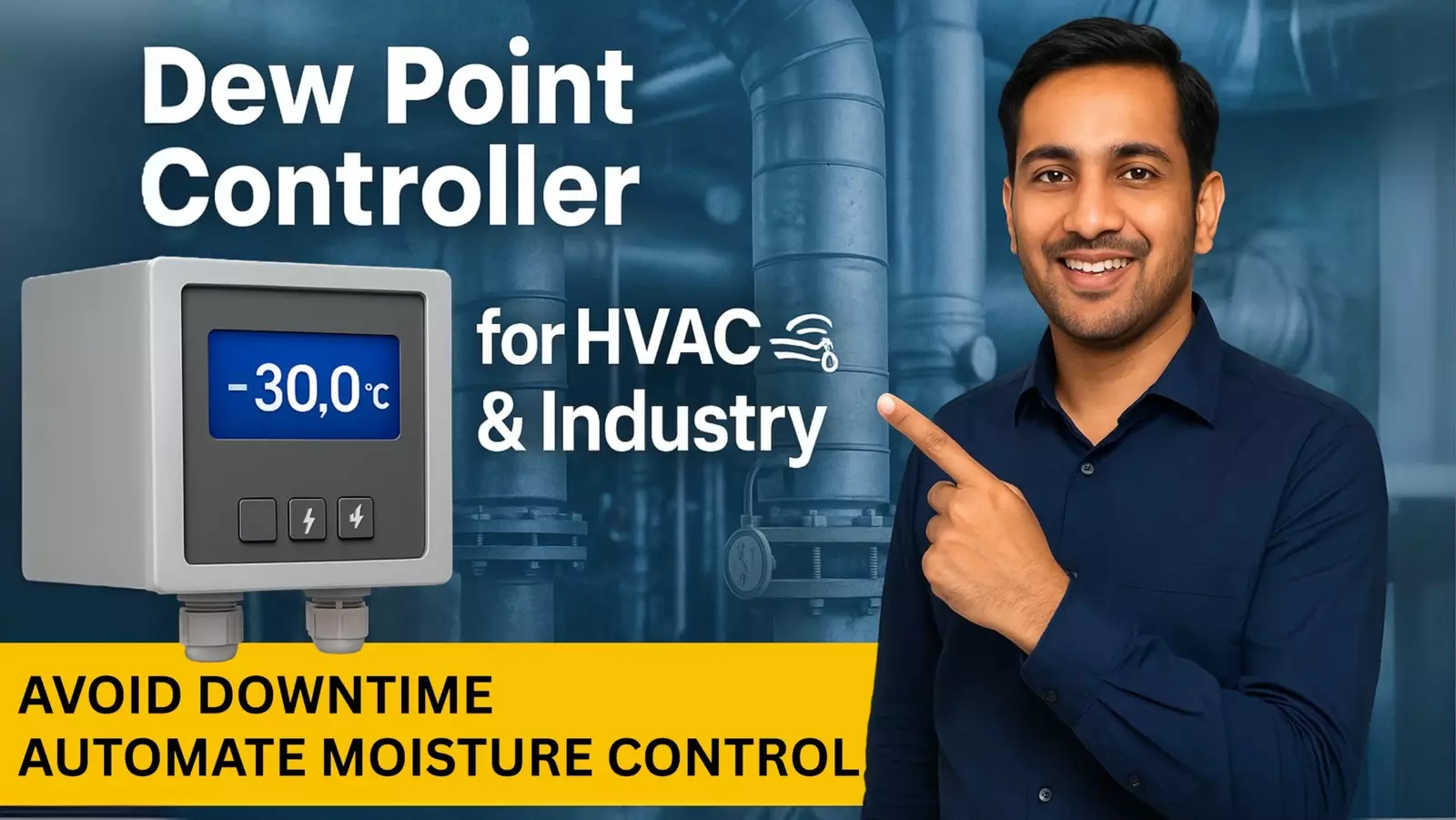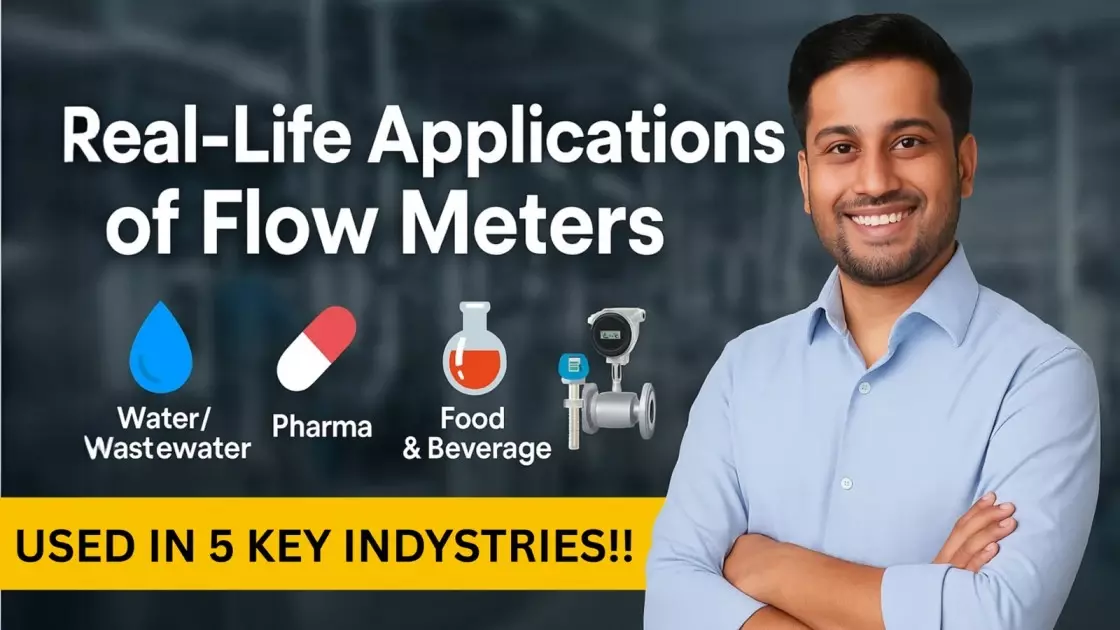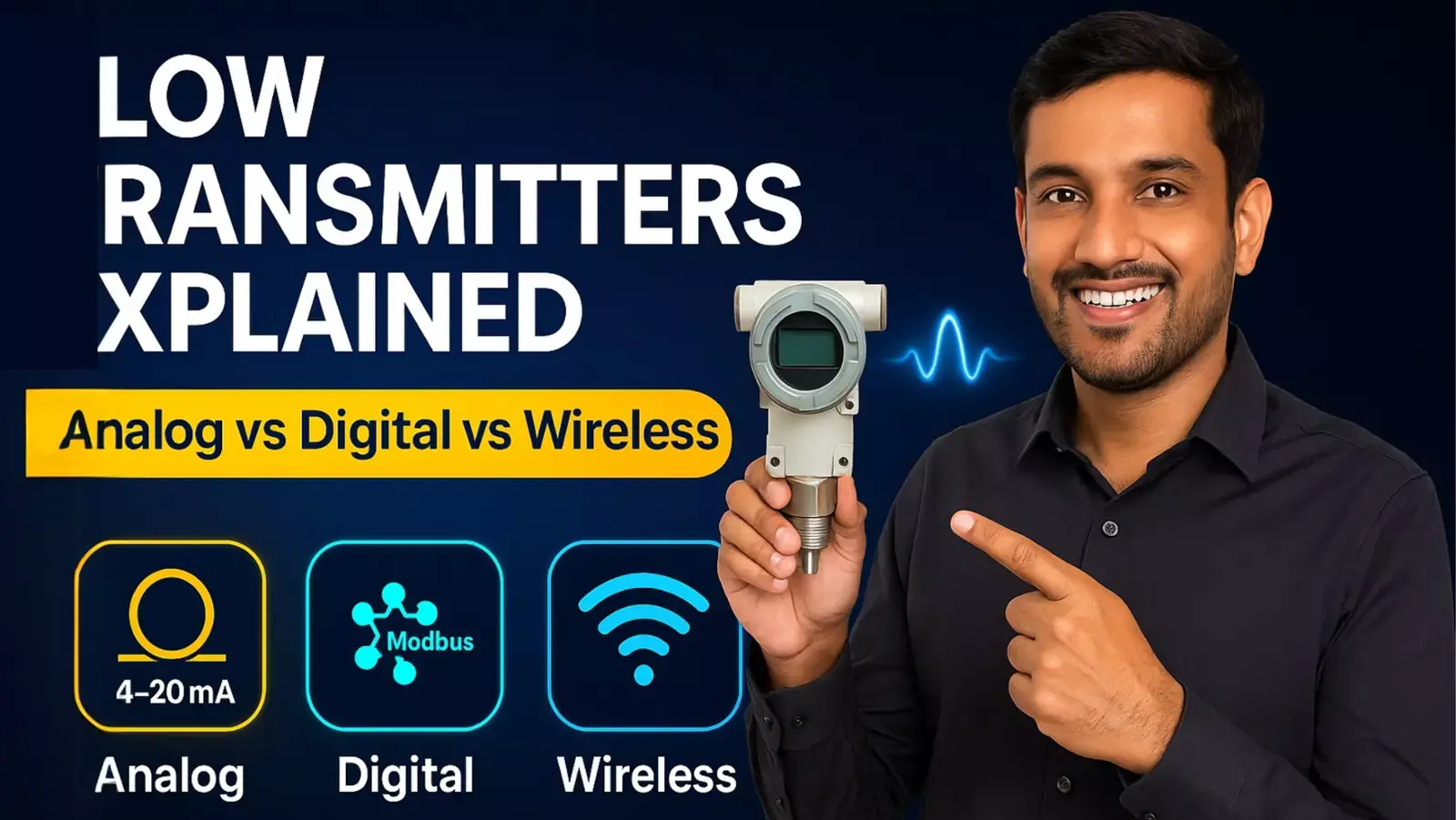Choosing the Right Humidity Controller: PID vs. Standalone vs. Integrated HVAC?
What is a Humidity Controller?
A humidity controller is an intelligent device designed to maintain the desired humidity level in a space or process. It works by continuously monitoring humidity readings through a sensor and then controlling devices like humidifiers, dehumidifiers, or ventilation units. This is essential in industries such as pharmaceuticals, food processing, and HVAC, where consistent humidity is critical for safety, quality, and operational efficiency.PID Humidity Controller – For Engineers Who Need Precision
A PID (Proportional–Integral–Derivative) controller is a highly accurate and responsive solution. It constantly compares the actual humidity to the desired setpoint and adjusts outputs accordingly to minimize deviation. These controllers are commonly used in industrial drying, pharmaceutical clean rooms, and laboratory environments. They can be easily integrated with PLCs, SCADA, and IoT systems, offering real-time automation. However, they are costlier and require technical expertise to configure PID parameters correctly. Despite this, they are ideal for applications demanding high precision, repeatability, and intelligent automation.Standalone Humidity Controller – For Users Who Want Simplicity
A standalone controller is a compact, self-contained unit that usually includes a built-in humidity sensor. It operates on simple ON/OFF logic and activates control devices once the humidity crosses a defined threshold. These controllers are best suited for greenhouses, small cold storage units, and basic HVAC setups. Their advantages include affordability, easy installation, and low maintenance. However, they lack the fine-tuned control and adaptability of PID systems, making them less suitable for fast-changing or highly sensitive environments.Integrated HVAC Humidity Control – For Smart Buildings and Large-Scale Applications
This type of control system combines humidity and temperature regulation within a centralized HVAC system, often managed by a Building Management System (BMS). It uses smart sensors and automation to maintain optimal conditions across large areas such as hospitals, hotels, data centers, and commercial buildings. Integrated systems are energy-efficient, scalable, and perfect for modern infrastructure. They do require a higher upfront investment and professional installation, but the long-term benefits in terms of energy savings and centralized management make them a valuable choice for enterprises aiming for full automation and smart building solutions.How to Choose the Right Controller?
Your decision should depend on several key factors:Is precision control critical for your process?
Will your system integrate with PLCs, SCADA, or IoT platforms?
What is your available budget and technical expertise?
Are you controlling a single zone or an entire facility?
Expert Advice from Radical TechMart
At Radical TechMart, we’ve supported countless engineers, consultants, and facility managers in choosing the right humidity control solution. For those involved in automation, we recommend PID controllers with analog outputs and Modbus support. These provide excellent control when paired with high-quality humidity sensors from brands like Rotronic, HTC, or Elitech.Need Help Deciding?
If you're unsure which humidity controller fits your needs best, feel free to reach out. Our team can guide you through product selection based on your specific application and industry.



